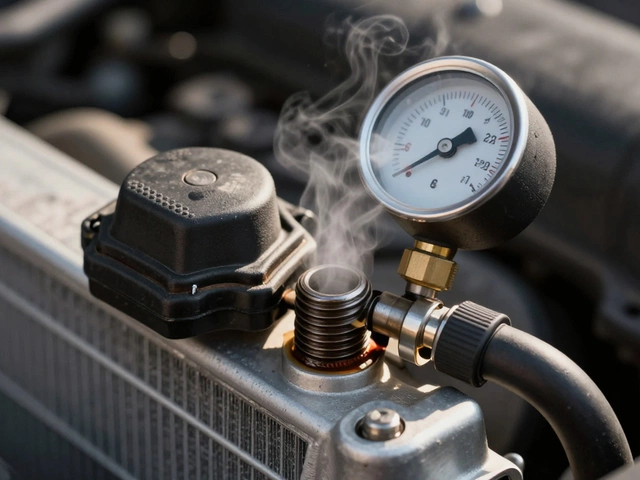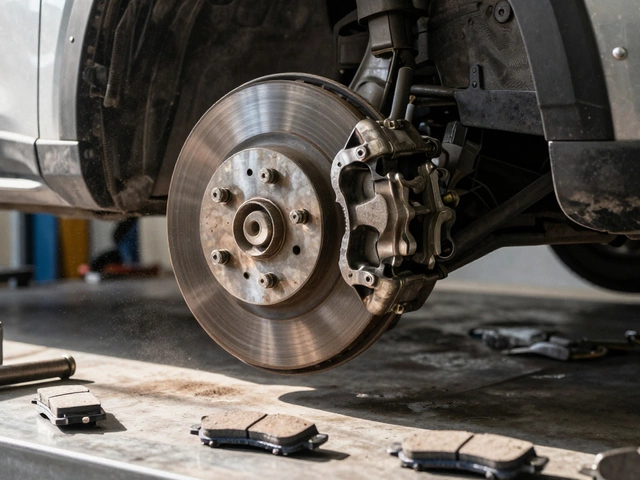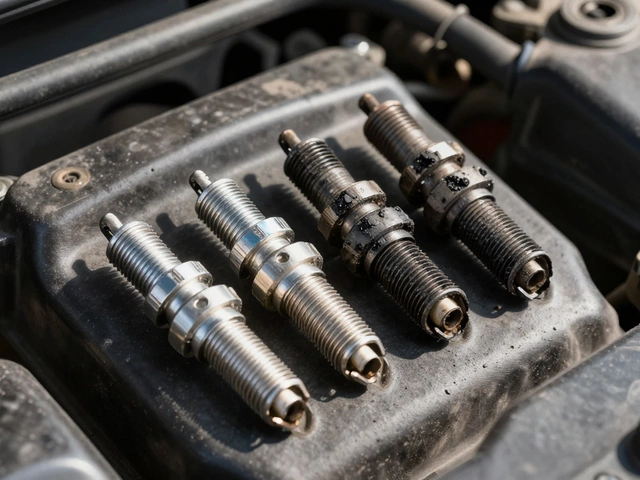Replace Car Radiator: Quick Guide to Stop Overheating
If your temperature gauge is flirting with the red zone, the radiator is probably the culprit. Ignoring it can turn a simple fix into a pricey engine rebuild. Below you’ll find the basics you need to get back on the road without blowing your budget.
How Much Does It Really Cost?
In 2025 the average radiator price ranges from $120 to $350, depending on make, model and whether you buy OEM or an aftermarket part. Labor adds another $150‑$250 at most shops. So a full replacement typically lands between $300 and $600.
Hidden costs can pop up if you need related parts like thermostat housing, coolant hoses, or a new coolant flush. Ask the shop for a full breakdown before they start, and you’ll know exactly what you’re paying for.
DIY vs. Professional Replacement
Doing it yourself can shave $200‑$300 off the price tag, but only if you’re comfortable with basic tools and a few gallons of coolant. The job involves draining the system, removing the old core, installing the new unit, and refilling with fresh fluid. A simple mistake – like not tightening the clamp properly – can cause leaks that waste coolant and damage the engine.
If you’re not sure about any step, a professional can save you time and headaches. Most shops will also pressure‑test the system after the install, giving you peace of mind that the repair holds up under real driving conditions.
Here’s a quick rundown of the DIY process:
- Let the engine cool completely, then open the radiator cap.
- Place a drain pan, open the drain valve, and let all coolant flow out.
- Remove the upper and lower radiator hoses, the fan shroud, and any brackets holding the core.
- Take out the old radiator, compare it to the new one, and swap any wear‑items like hose clamps.
- Install the new radiator, reattach hoses, refill with the correct type of coolant, and bleed air from the system.
After you finish, keep an eye on the temperature gauge for the first 30‑60 minutes of driving. If it stays steady, you’ve done it right.
When you’re not up for DIY, look for a shop that offers a written warranty on both parts and labor. A good warranty can cover you for at least a year or 12,000 miles, which is helpful if a defect shows up later.
Before you commit, check a few reviews or ask friends for recommendations. A trustworthy mechanic will explain the problem, the solution, and why each part matters – no surprise fees.
Bottom line: Replacing a car radiator isn’t rocket science, but it does need attention. Knowing the cost, the steps, and when to call a pro will keep your engine cool and your wallet happier.

How Long Does It Take to Replace a Car Radiator? Complete Guide and Tips
Wondering how many hours it takes to replace a car radiator? Get a realistic breakdown, factors affecting time, step-by-step guide, costs, and expert tips for a smooth fix.
CONTINUE READING







